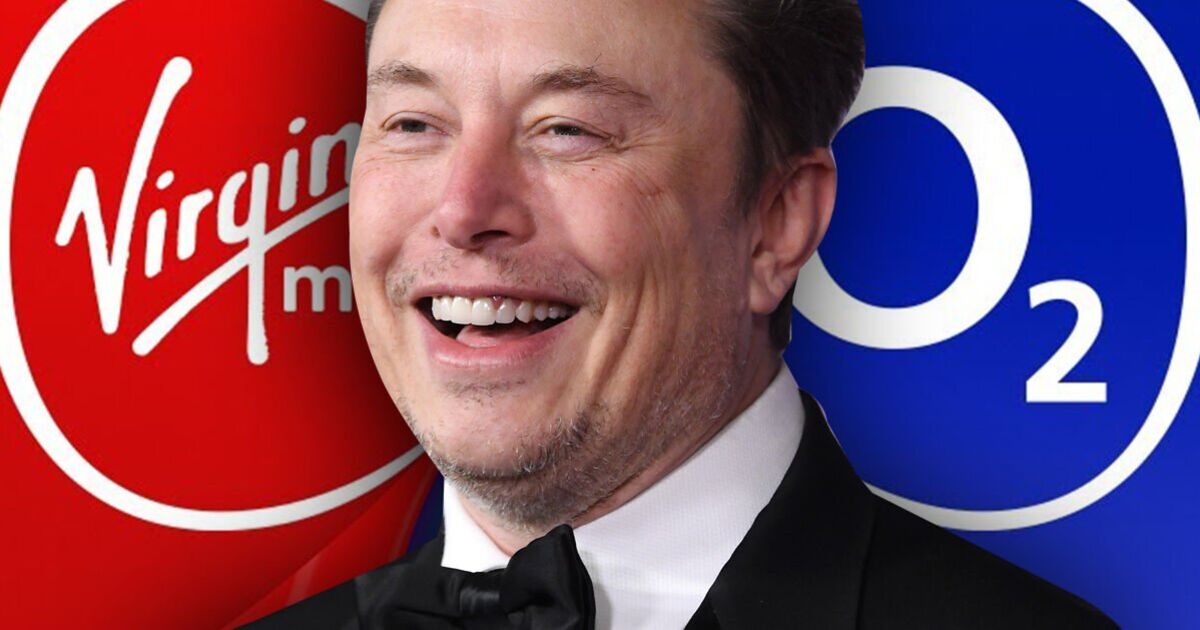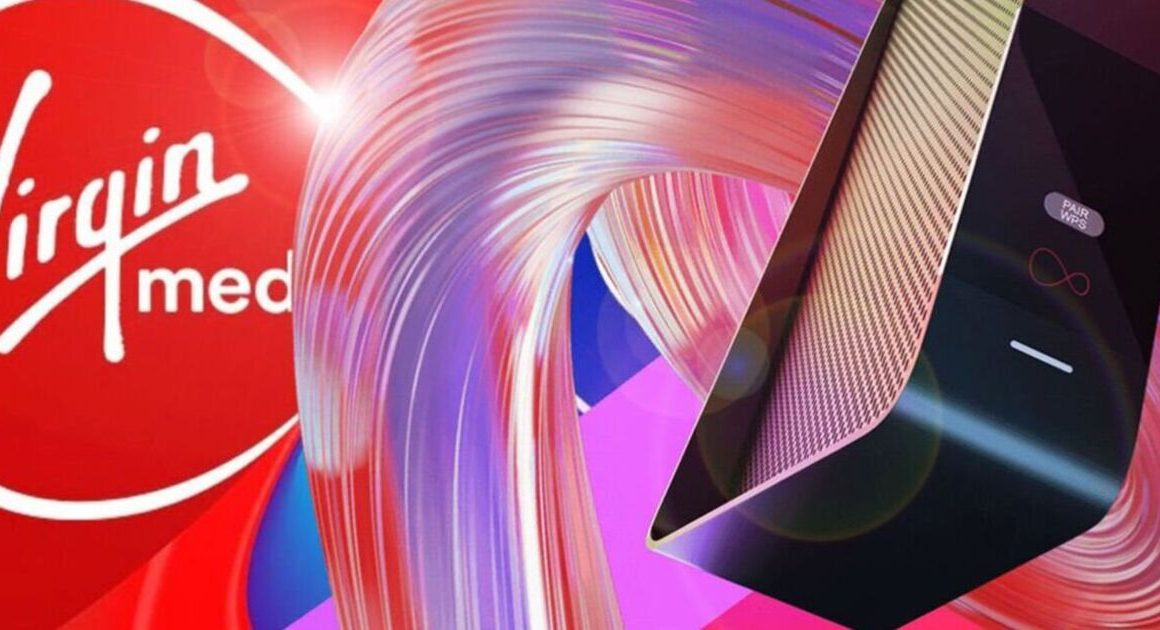If you live in a remote UK location and often struggle for a mobile signal then you might be pleased to hear Virgin Media O2 is trying to do something about it. The firm that runs the O2 mobile network has confirmed it is now using technology from Elon Musk’s Starlink satellite service to improve 4G connections to people in the Scottish Highlands.
Starlink uses low earth orbit satellites to beam broadband to consumers all over the world, but here it is being used to provide important links known as backhaul to mobile phone masts in remote locations where it’s harder to lay fibre cabling. Without these important backhaul connections there can be no 4G service.
The partnership with Musk’s company is part of Virgin Media O2’s push to deliver better connectivity to rural areas as part of the Shared Rural Network programme. This initiative includes all the other UK network providers, and a Virgin spokesperson confirmed to Express.co.uk that the Starlink satellites will also benefit customers of EE, Vodafone, Three, and all other providers that ‘piggyback’ major networks, such as Lebara and Giffgaff.
“We’re leaving no stone unturned when it comes to improving rural connectivity and are continuously looking for new ways to boost signal in remote areas,” said Jeanie York, Chief Technology Officer at Virgin Media O2.
“Our commitment to delivering on our part of the Shared Rural Network programme has seen us turn first to helicopters and now to satellites to connect some of the most difficult and remote parts of the country. By constantly finding new ways to deliver for our customers, we are bringing reliable mobile coverage to rural communities faster and helping to close the UK’s digital divide.”
The spokesperson also said Starlink is currently boosting coverage for customers in six locations following a trial in Scotland, but more “remote” locations will follow. The agreement with Starlink is managed through Virgin’s shareholder, Telefónica.
The provision of 4G signal to all reaches of the nation is even more important now that 3G networks are being shut down. Of all the four major UK mobile networks, O2 has promised to keep its 3G network switched on the longest, until the end of 2025. Vodafone and EE have already begun the planned switch off, and Three’s will close by the end of 2024.
3G was launched in 2003 but has since been replaced with faster 4G and 5G frequencies. Operators are turning off 3G in an attempt to free up limited mobile airwaves.











